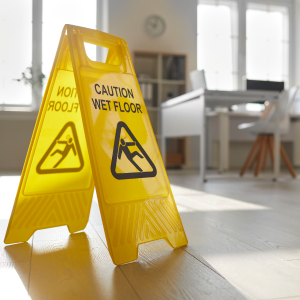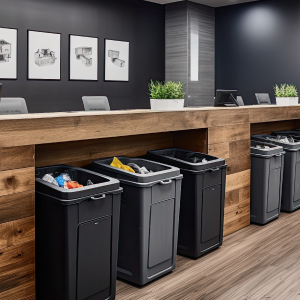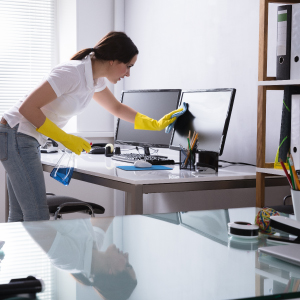For years, families and home cooks have been educated to
wash their chicken before use. Some recipes today still
suggest it, despite the fact that the health boards of the UK,
the USA and Canada all advise against it, suggesting that you
only make the problem worse.
Washing chicken does nothing to aid the removal of bacteria, and anyway, anything potentially dangerous is destroyed in the cooking process. But what it does do is greatly increase the risk of spreading germs. The spray for the taps greatly increases the range of the bacteria, allowing it to spread to utensils around the kitchen.
The problem is compounded by the fact that the most dangerous bacteria on chicken only needs to exist in a tiny amount to infect us. So washing the sink after rinsing chicken might not be enough to get rid of it all, especially when you consider how the things we wash wish, like sponges, are magnets for germs.
Surprisingly, there are other foodstuffs that we commonly wash that we needn’t. Fruits and vegetables, for example, especially pre prepared salads, have been washed so many times during processing that it will make very little difference whether you give them a rinse under a tap or not. Now whilst obvious dirt should be washed off, there is no need to be concerned about pesticides, because if they are there, the amount will be so tiny that it can’t really do any harm.
And anyway, it is highly unlikely you would be able to wash pesticides off in a sink anyway, as they are designed to be weather resistant. Rice is another thing that we rinse but this time there are perhaps good reasons to do so.
Not so much health concerns, as whilst there is a worry about arsenic on rice, the amount would be small, and one would have to consume lots of the grain, hence why it is recommended that one doesn’t have too much per week. But in terms of gastronomy, many chefs suggest that rinsing rice often, or leaving it in to soak, removes dust and increased the quality of the final product, as it prevents it from going gloopy.







